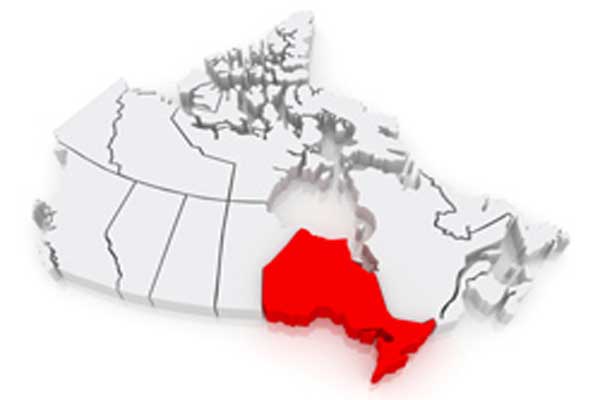9/21/2016
| SHARE
Posted in Foreign Buyers by Vanguard Realty | Back to Main Blog Page

The Ontario government has little choice left but to enact a 15 per cent tax on foreign home buyers, says CIBC World Markets deputy chief economist Benjamin Tal.
More than a month after the British Columbia put into effect a similar tax, Ontario has made no mention on what action it will take to cool the red hot Toronto housing market. The Greater Toronto Area is now the lone market experiencing a rapid price surge in Canada, says Tal, as evidence emerges Vancouver’s market is now cooling.
“With other centres taxing foreign investment, Ontario will have little choice but to do the same,” he said in a note to clients.
The economist goes on to explore a few other housing policy options that both provincial and federal governments will potentially need to use to fix the current market. Tal notes that even if home prices in Canada stop increasing today, the imbalance has left the Canadian economy in a dangerous imbalance.
“They are already elevated enough in many centres in a way that compromises the risk profile of the market as a whole,” he said.
The problem is that because Canadians have taken out such large mortgages in markets such as Toronto and Vancouver, there is almost no room to service debt if interest rates rise. A recent study found that more than 700,000 Canadians can’t even handle a 0.25 per cent increase in the current rate.
“The key risk facing the market is not a wave of defaults but rather a situation in which higher mortgage rates down the road will elevate debt financing costs at the expense of other spending — a trajectory that is potentially recessionary,” he said.
Tal said ultimately, governments need to make it more difficult to borrow to “save Canadians from themselves” and avoid a recession down the road.
The economist says the federal government could consider raising the minimum down payment on homes valued between $500,000 and $1 million to more than 10 per cent. (Last year, the government raised the down payment portion on the value of homes between that range from five per cent to the current 10 per cent.)
He also points to potential new policies beyond lending. Tal suggests governments could be pushing cities, especially in Ontario, to fast-track the approval process for new residential construction. He has taken aim at this before, calling the current market one where policymakers are using demand tools to fix a “supply problem.”
New policy could also help increase the rental supply in Ontario, as seniors and young people are increasingly becoming locked out of the market. He lists providing tax incentives for the development of large rental units, as well as changing rent control regulations to allow for more rental units, as one potential tool.
Finally, Tal says that governments should be doing more to monitor subprime and alternative lenders. A number of scandals have hit the space in the past year, including the firing of dozens of brokers last year by alternative lender Home Capital Corp. after they were discovered falsifying incomes for clients.
Foreign Buyers, GTA Real Estate Market, Investments, Ontario Real Estate, Ontario Real Estate News, Real Estate Investments, Real Estate Market, Real Estate News

